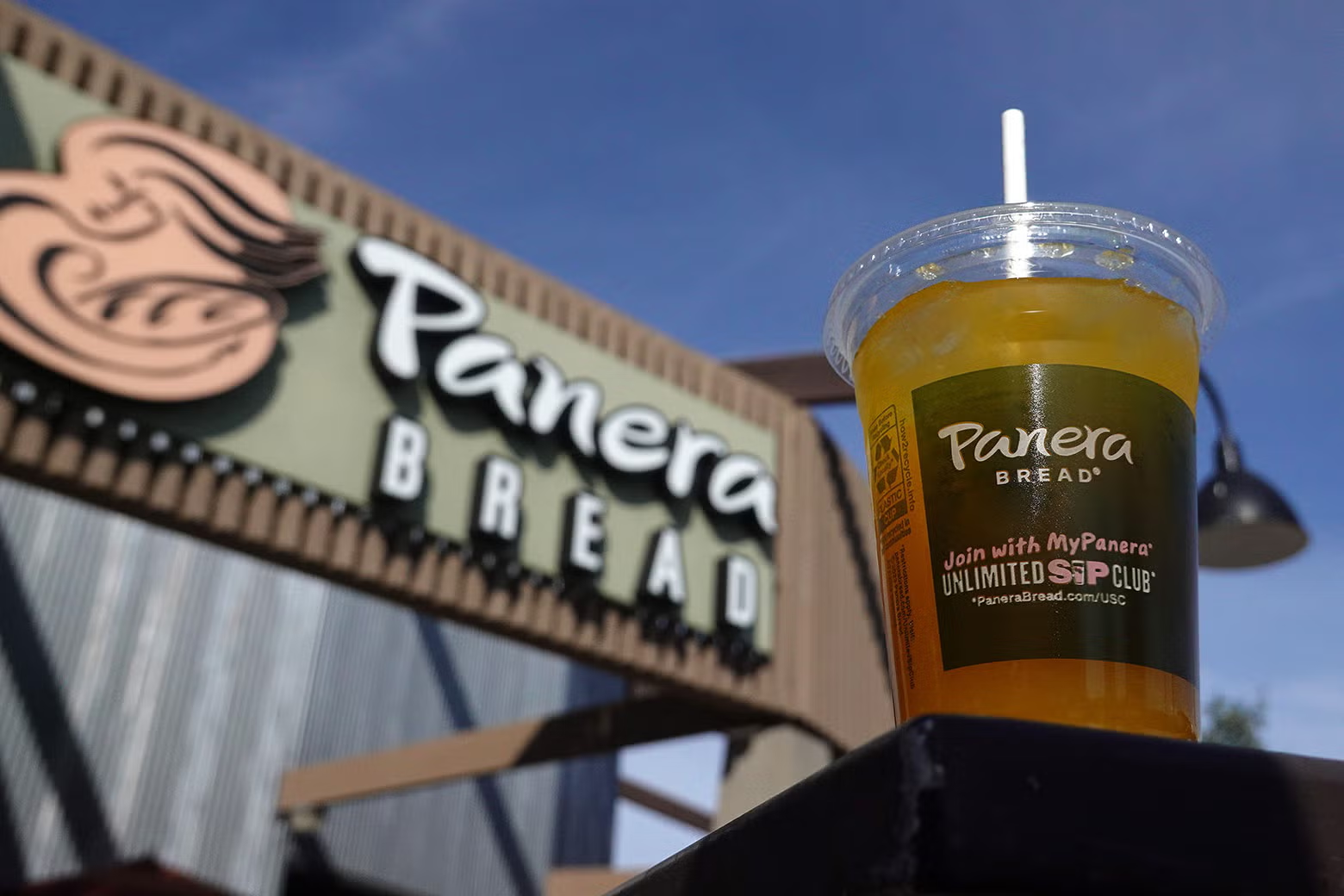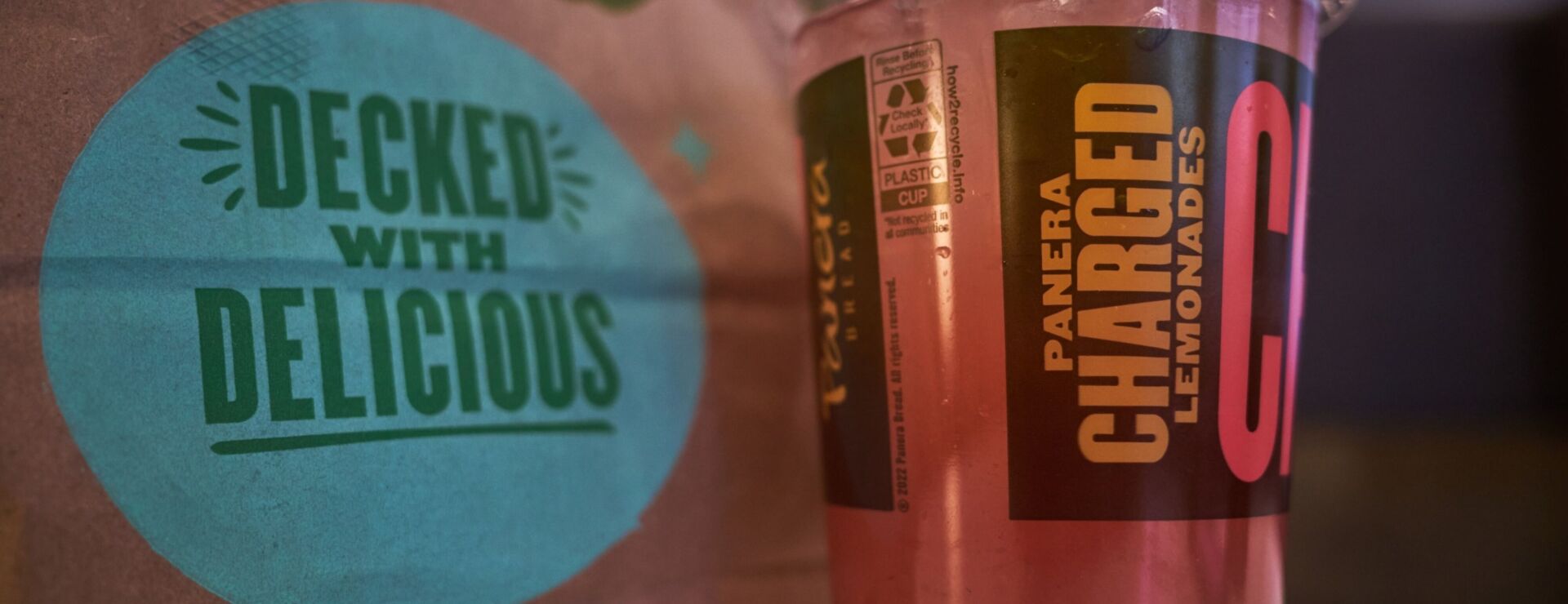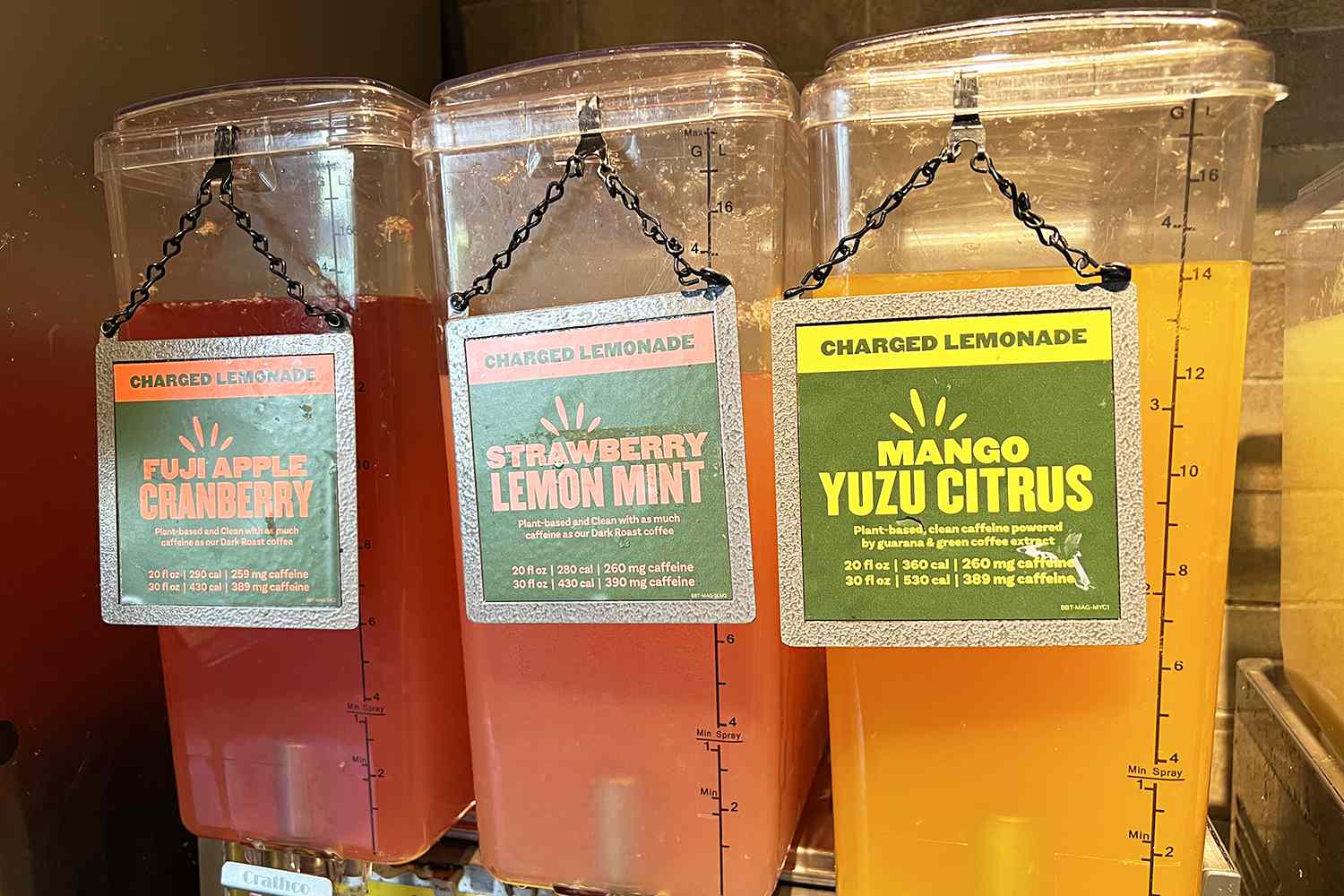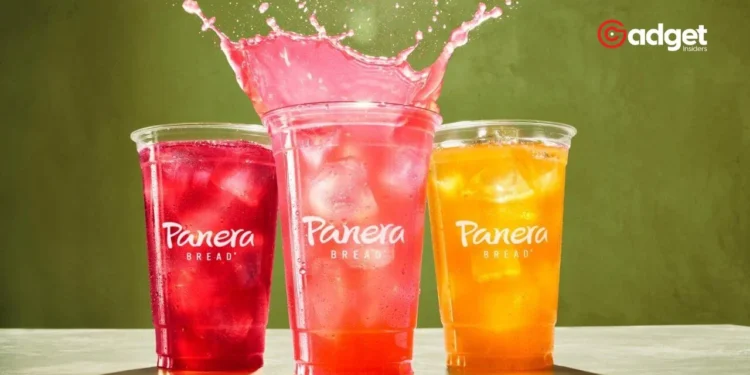In a move that could herald a significant shift in how restaurants handle high-caffeine beverages, Panera Bread has announced it will discontinue its Charged Lemonade nationwide. This decision follows mounting pressure from public safety concerns and multiple lawsuits linked to adverse health effects after consuming the beverage.

Controversy Stirred by Caffeine Content
Introduced as a “Plant-based and Clean” option, Charged Lemonade quickly became notorious, not for its innovative approach to refreshment but for its unusually high caffeine content—390 milligrams in a 30-fluid-ounce serving without ice. This amount surpasses the caffeine content in any size of Panera’s dark roast coffee, sparking a debate over consumer safety and beverage transparency.
The spotlight on Charged Lemonade intensified following several tragic incidents. Sarah Katz, a 21-year-old University of Pennsylvania student with a pre-existing heart condition, and Dennis Brown, a Florida man with a chromosomal deficiency, both lost their lives after consuming the drink. Their families have since filed lawsuits against Panera, alleging that the high caffeine levels were to blame. A third lawsuit came from Lauren Skerritt, a Rhode Island woman who claims the drink caused her “permanent cardiac injuries.”
Panera Bread has been hit by lawsuits after people drank highly-caffeinated Charged Lemonade and suffered a fatal cardiac arrest. #Panera #ChargedLemonade #Recall #Caffeine #CardiacArrest – https://t.co/iAiTIpYNFV pic.twitter.com/ZrVBD9Rwcw
— The Clark Firm (@TheClarkFirm) December 20, 2023
Panera Responds to Consumer Feedback
In response to these incidents and feedback from over 30,000 guests, Panera initiated a “recent menu transformation.” A company spokesperson highlighted their new focus: “We are prioritizing a broad array of beverages that align with our guests’ desires, including exciting, on-trend flavors along with low sugar and low-caffeine options.”
Amidst the controversy, Panera has taken steps to increase transparency. Following the initial lawsuit, detailed disclosures were added to their menus and website, advising moderation and explicitly warning that Charged Lemonade is not suitable for children, those sensitive to caffeine, or pregnant and nursing women.

Legal and Consumer Perspectives
Elizabeth Crawford, a partner at the Philadelphia-based law firm Kline & Specter, PC, who represents the plaintiffs in the lawsuits, commended Panera’s decision. “This is exactly what we set out to do, to some extent, is to make sure that this poison is taken off the shelves,” she said in an exclusive interview with NBC News. “Obviously, it won’t bring back Sarah, and it won’t bring back Dennis, and the life that Lauren used to have. But at least what it will do is prevent this from happening to someone else.”
Internal Memo Leaks and Employee Insights
Internal communications leaked to NBC News reveal that Panera staff were informed of the discontinuation through memos from higher management. Employees in Missouri and Pennsylvania confirmed they were directed to cease ordering ingredients for Charged Lemonade, indicating a swift phase-out of the product. However, not all associates were immediately aware of the change, demonstrating the challenges of managing such a significant shift across a large organization.

A Look Ahead
As Panera navigates this complex issue, the broader implications for the food and beverage industry are clear. Consumer safety, especially regarding caffeine consumption, is likely to receive more attention from both corporations and regulators. Panera’s proactive steps may set a precedent for how similar situations are handled in the future, emphasizing the importance of consumer health and informed choices in the fast-food industry.
The discontinuation of Charged Lemonade marks a pivotal moment for Panera Bread as it reevaluates its beverage offerings and commits to meeting its customers’ health and safety expectations. As the food industry watches, the outcome of this decision could inspire more than just menu changes; it might encourage a new standard for transparency and safety across the board.










